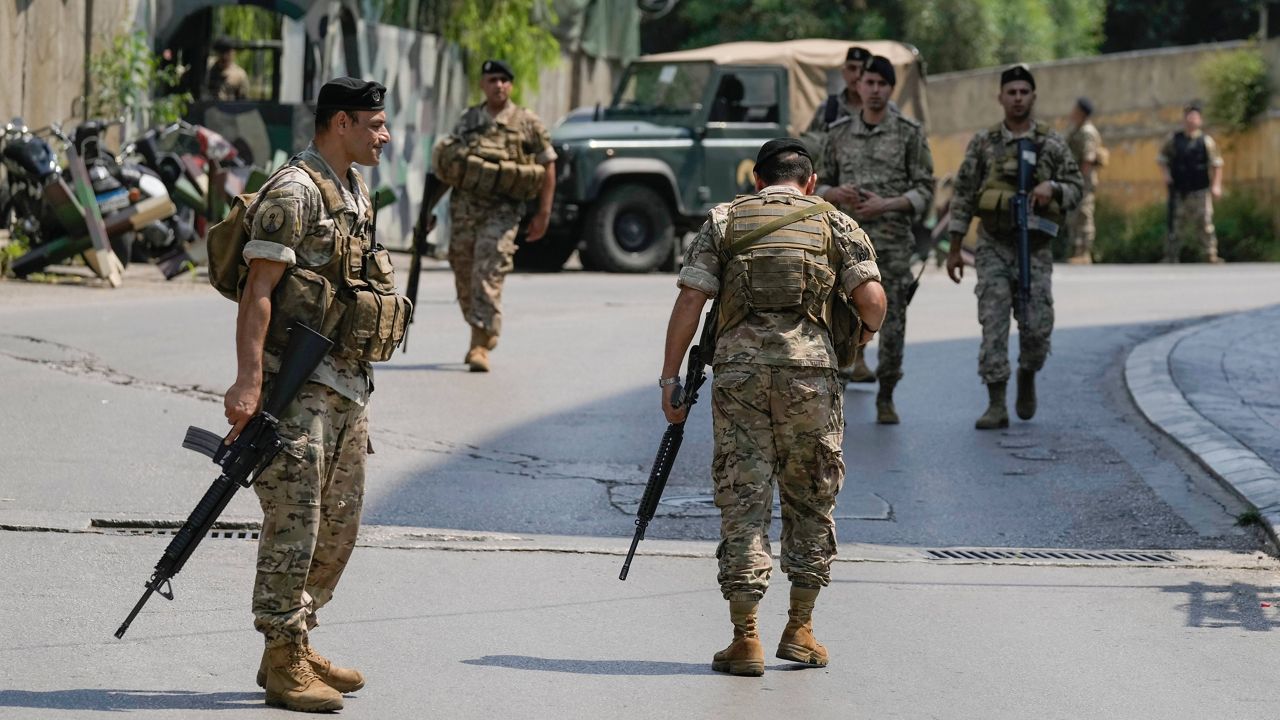The U.S. is warning Americans not to travel to Lebanon and advising those already in certain areas of the country to depart amid recent attacks between Israel and the Iranian-backed militant group Hezbollah.
The State Department on Wednesday updated its travel advisory for Lebanon to level four, citing “rising tensions” between Israel and the Lebanese terrorist group. The higher level also includes a warning to Americans to prepare “shelter in place should the situation deteriorate” and urges those in Southern Lebanon, near the border with Syria and in refugee settlements to leave the area.
It comes as Israel and Hezbollah have traded attacks against one another in recent days, escalating fears about a wider conflict in a region already tense amid the war in Gaza.
A rocket attack over the weekend on a soccer field in Israeli-controlled Golan Heights killed 12 young people and injured many more, according to Israeli authorities. Israel and the U.S. swiftly blamed Hezbollah for the attack while the Iranian-backed group’s chief spokesperson – in a rare move – told the Associated Press it denied carrying it out.
Not long after, the killing of a leader of Hamas – the Palestinian terrorist group at war with Israel in Gaza – by an airstrike in the Iranian capital escalated concerns of a growing conflict in the Middle East.
Iran and Hamas swiftly blamed Israel for the airstrike that they say killed Ismail Haniyeh, a leader of the Palestinian militant group, who was in Tehran to attend the inauguration of the country’s new president. Iranian supreme leader Ayatollah Ali Khamenei said in a statement that revenge was Iran’s “duty.”
The Biden administration has maintained that it does not believe escalation in the region “is inevitable” and says it is continuing efforts to work out a ceasefire and hostage release deal for the war in Gaza.



